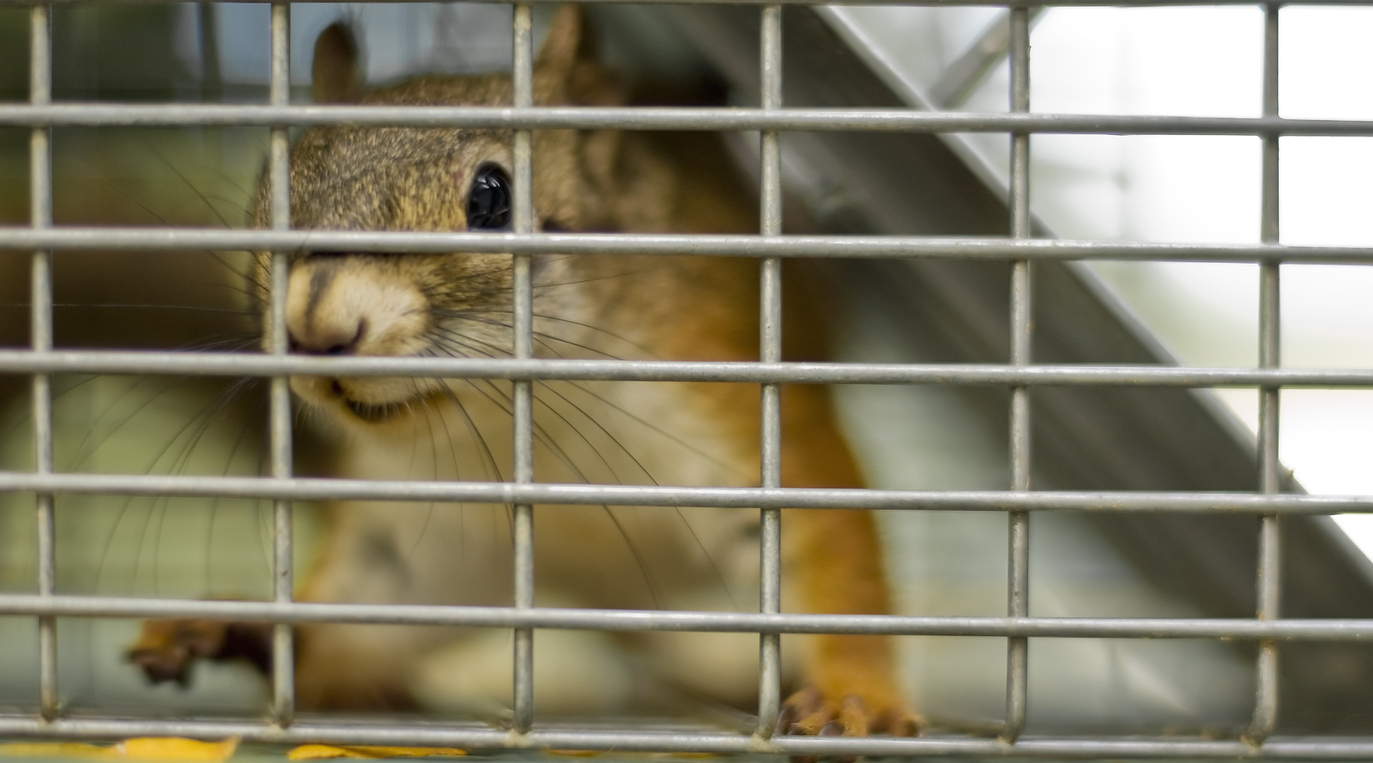Squirrel infestations can be a nuisance, causing damage to property and creating disturbances. Integrated Pest Management (IPM) offers a holistic and environmentally friendly approach to squirrel pest control. In this guide, we explore the principles and strategies of IPM to manage squirrel pests while promoting sustainability effectively.
- Understanding Integrated Pest Management (IPM):
Integrated Pest Management is a comprehensive approach focusing on sustainable and environmentally responsible pest control. Instead of relying solely on chemical treatments, IPM combines various methods, including biological controls, cultural practices, and the use of pesticides when necessary. Understanding the principles of IPM is crucial for effective squirrel control.
- Thorough Inspection and Identification:
The first step in IPM for squirrel control is thoroughly inspecting the property. Identify the species of squirrels causing the issue and assess the extent of the infestation. Understanding the habits and behaviors of the specific squirrel species allows for targeted and effective control measures.
- Habitat Modification and Exclusion:
Modify the habitat to make your property less attractive to squirrels. Trim overhanging branches near the roof, seal entry points, and use squirrel-proof bird feeders. These modifications discourage squirrels from accessing and nesting in your property. Exclusion techniques, such as installing mesh barriers, help prevent their entry while maintaining a humane approach.
- Natural Predators and Biological Controls:
Introduce natural predators or use biological controls to manage squirrel populations. Installing owl boxes or encouraging the presence of natural squirrel predators can help regulate the population. Additionally, biological controls, such as introducing nematodes that target squirrel larvae, can be an effective and environmentally friendly strategy.
- Repellents and Deterrents:
Implementing repellents and deterrents is another facet of IPM for squirrel control. Natural repellents, like pepper-based sprays or predator urine, can discourage squirrels from entering specific areas. Mechanical deterrents, such as motion-activated sprinklers or ultrasonic devices, provide additional non-lethal methods to deter squirrels.
- Trapping and Removal:
In cases where squirrel populations need direct intervention, humane trapping, and removal methods are employed. IPM advocates using live traps that allow for the safe capture and relocation of squirrels. Once removed, sealing entry points prevents new squirrels from entering the property.
- Monitoring and Prevention:
IPM is an ongoing process that includes monitoring and prevention. Regularly inspect your property for signs of squirrel activity, and take preventive measures to avoid future infestations. This may include reinforcing exclusion methods, maintaining a clutter-free environment, and promptly addressing potential attractants.
- Minimal Use of Pesticides as a Last Resort:
While pesticides are a part of IPM, they are used as a last resort and in a targeted manner. If other control methods prove insufficient, choose pesticides targeting squirrels and apply them according to safety guidelines. This minimizes environmental impact and preserves the overall effectiveness of IPM.
Integrated Pest Management provides a holistic and sustainable approach to squirrel pest control. By combining various methods, understanding the habits of the pests, and implementing environmentally friendly strategies, IPM offers an effective solution while minimizing harm to the ecosystem. Adopting IPM principles ensures a long-term and responsible approach to squirrel control.
Ready to implement Integrated Pest Management for effective squirrel control? Contact our experts at Prompt Action Pest Control at (877) 877-6678 today for a comprehensive assessment and tailored IPM solutions. Ensure a sustainable and successful approach to pest management on your property.








